Electives Fall
- Mohsen Khamechian •
- Juliana Cardona •
- Daniel Allen •
- Christine Rudantyo •
- Calyn Obanion •
- Breann Anderson •
- Aamina Sheikh
ARCH 331/431 : Visual Training I
This course focused on aesthetic expression as experience. It included exercises in the study of form, proportion and rhythm, texture and color, mass, and space, as well as exercises in visual perception and aesthetic judgment. Additionally, it considered isolation and analysis; the interdependence and integration of sensory qualities, and aesthetic unity under restrictive conditions.
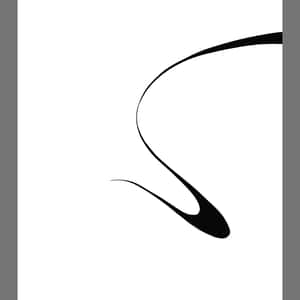
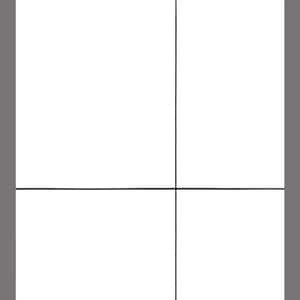
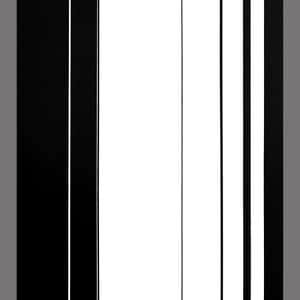
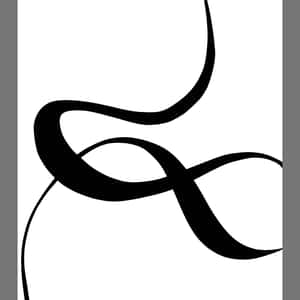
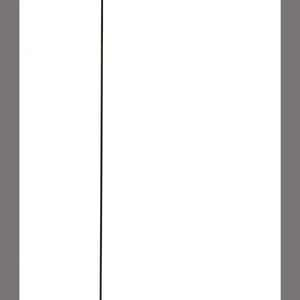
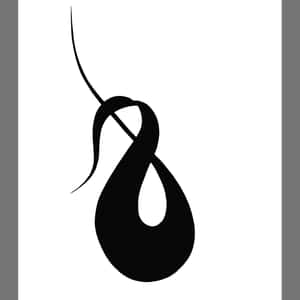
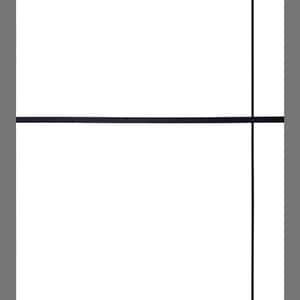
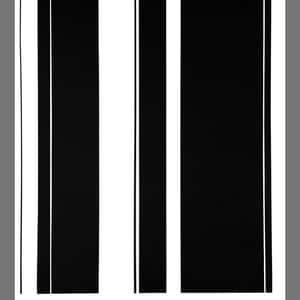
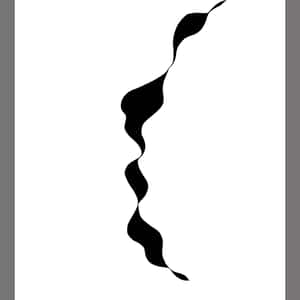
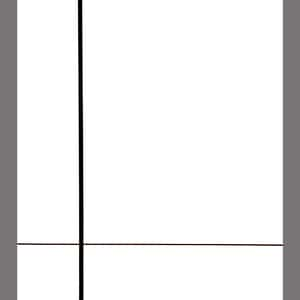
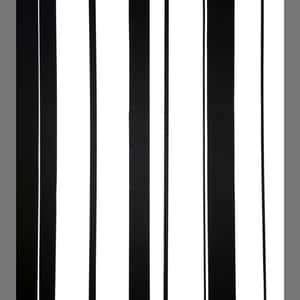
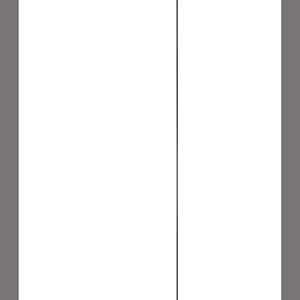
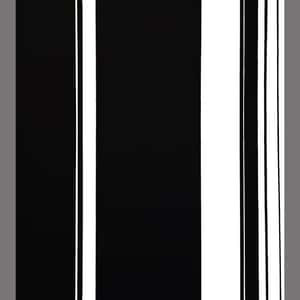
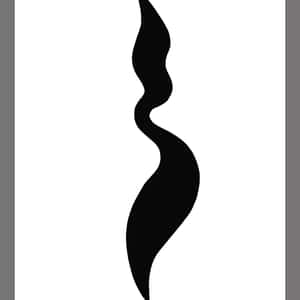
- Kevin Koury •
- Chintan Shah •
- Meredith Ludlam •
- Austyn Chesser •
- Elizabeth Cisneros Tlaxcala
ARCH 436 : Advanced Modeling
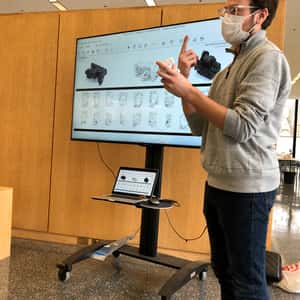
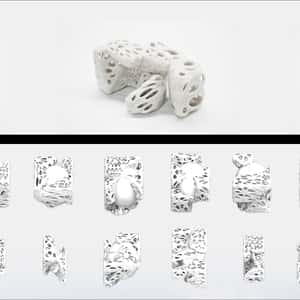
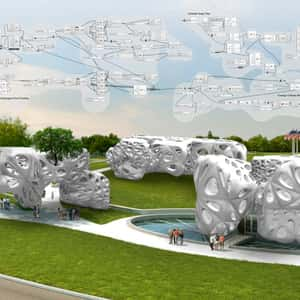
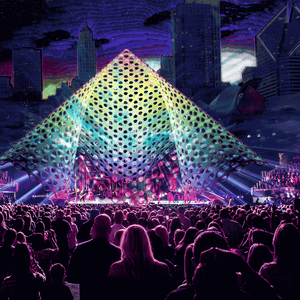
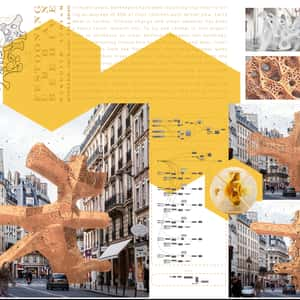
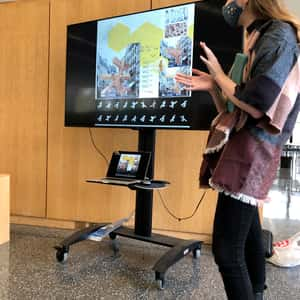
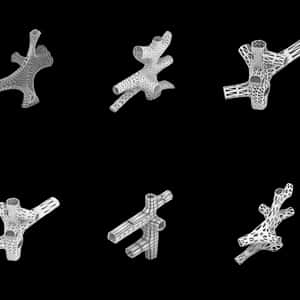
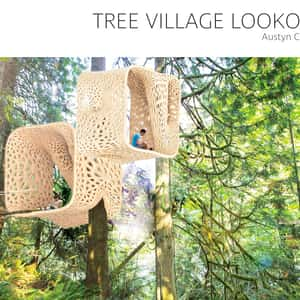
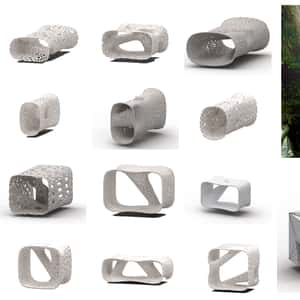
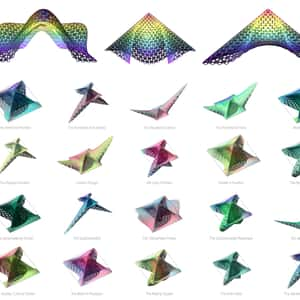
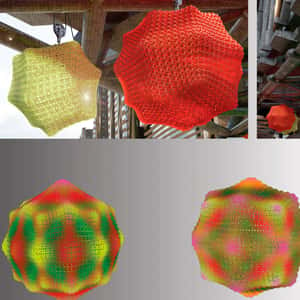
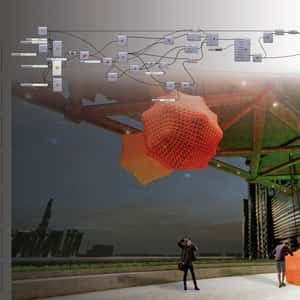

- Ana Amaya •
- Ewelina Robey •
- Harry Camba •
- Indra Urbaez •
- Jonathon Olivera •
- Maira Zamir •
- Patrick Slansky •
- Samah Rafati •
- Xinyu Tian •
- Yara Alharthi •
- Nayoon Kim
ARCH 438 : Design Visualization
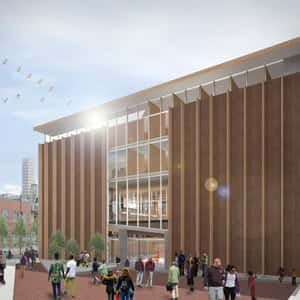
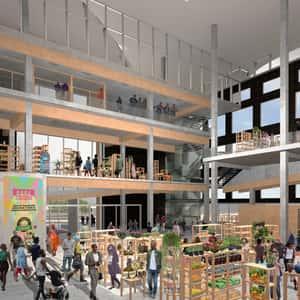
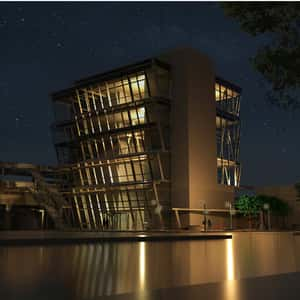
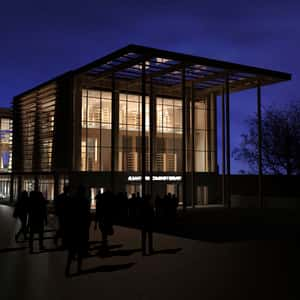
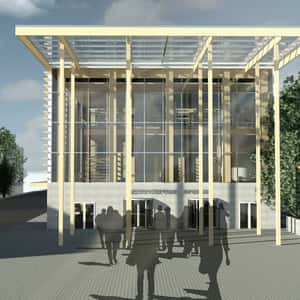
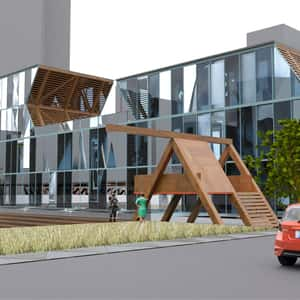
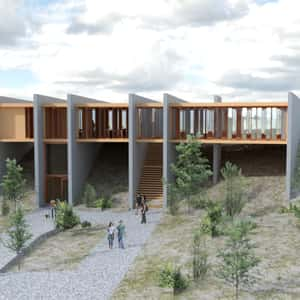
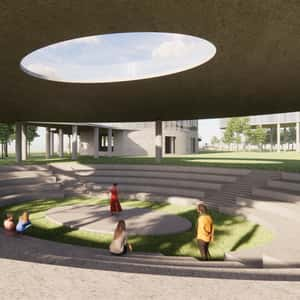
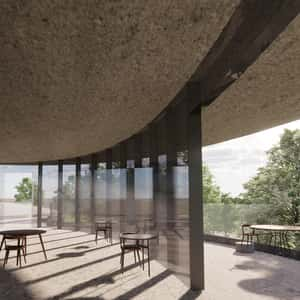
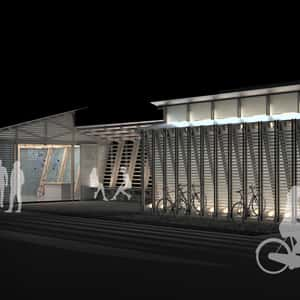
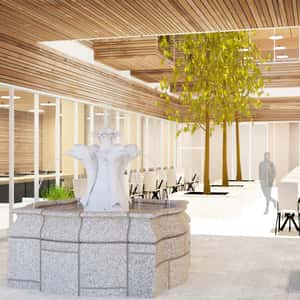
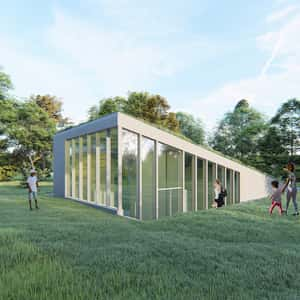
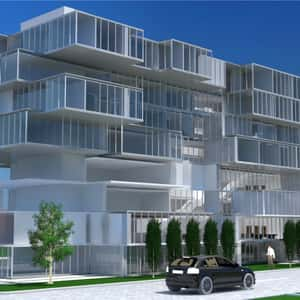

- Xinyu Tian •
- Vassiliki Demakis •
- Tian •
- Venkataramanan •
- Curcio •
- Chychula •
- Jennifer Cano •
- Divya Venkataramanan •
- Upendram •
- Demakis •
- Hsu •
- Demakis •
- Courtney Curcio •
- Arthi Upendram
ARCH 471 : Freehand Drawing
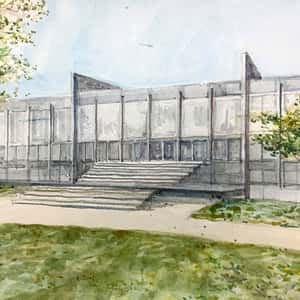
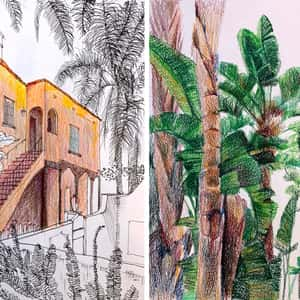
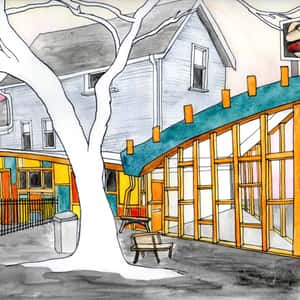
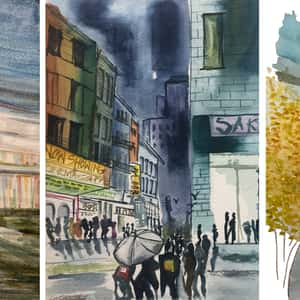
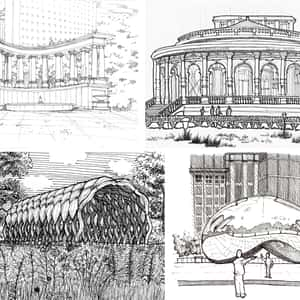
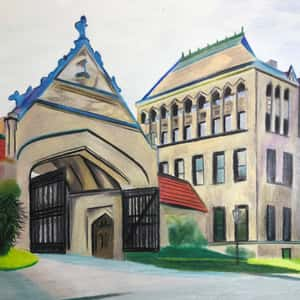
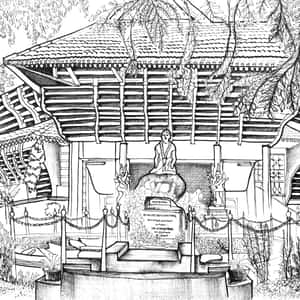
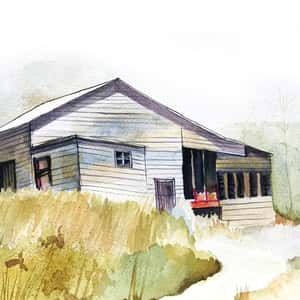
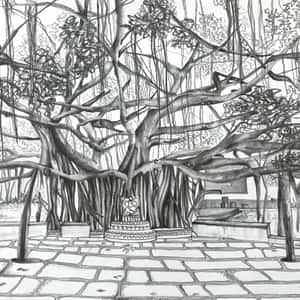
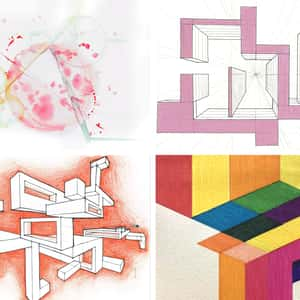
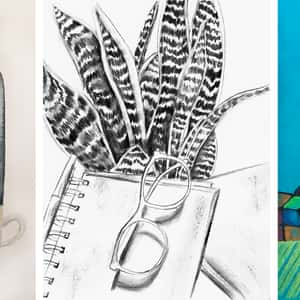
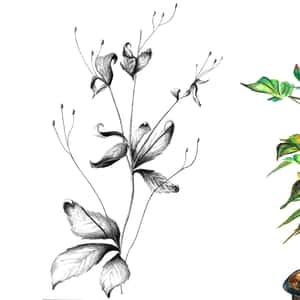
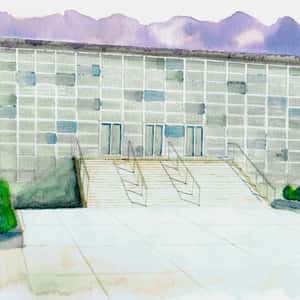
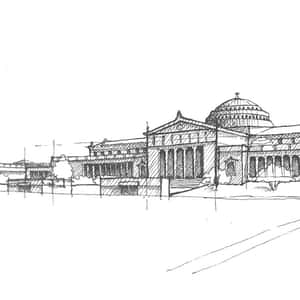
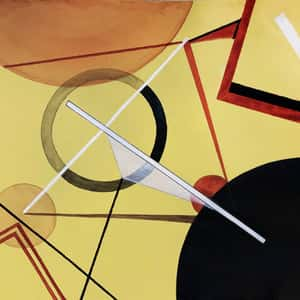
- Adam Rostek •
- Rafael Mejia •
- Mitchell Hawkins •
- Allaa Abdelsaid
ARCH 440 : Pure Form
Pure Form confronts the physical study of making 3D form through repetition and variation. Each making acknowledges the artifact as a material attempt to quantify an ideal condition. Material properties inherently defy perfection and require setting priorities and making decisions that render the proximity of an ideal with a sensory experience. The challenge of the cube produces a series of forms that investigate the nature of making a conceptual object articulated materially.
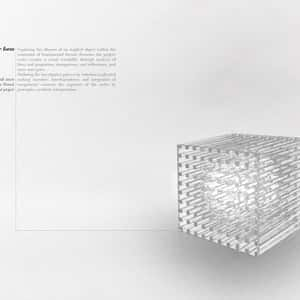
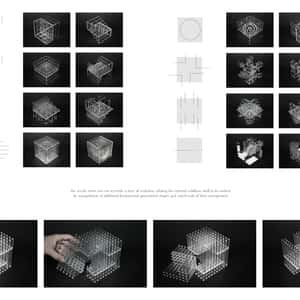
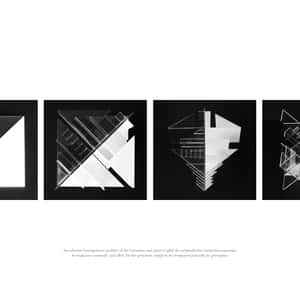
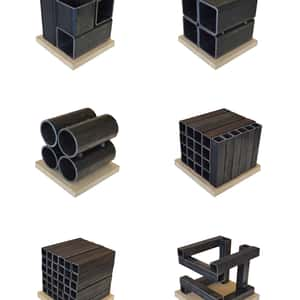
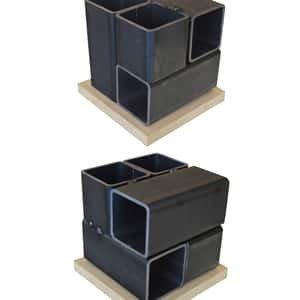
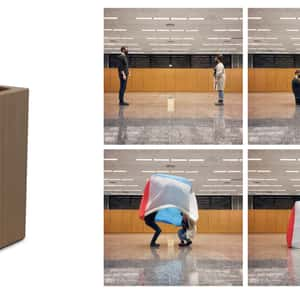
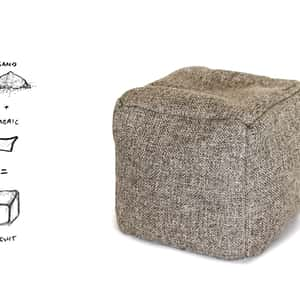
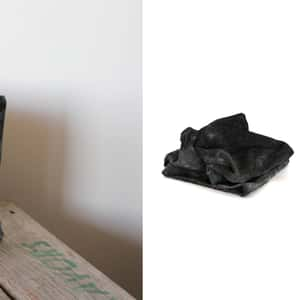
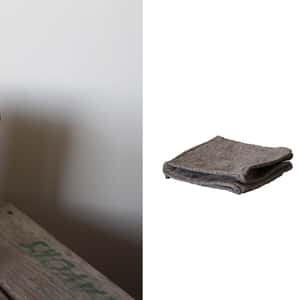
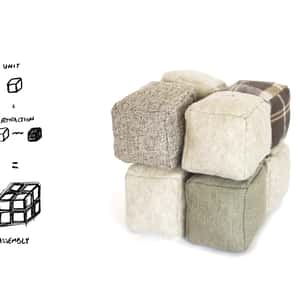
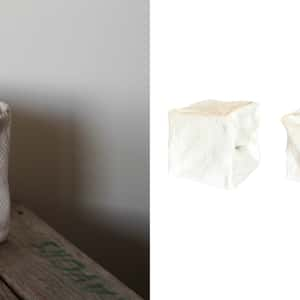
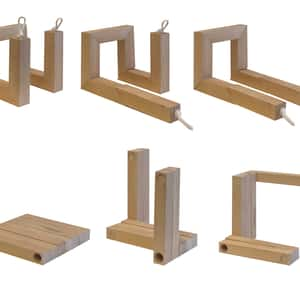
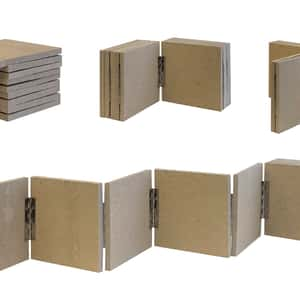
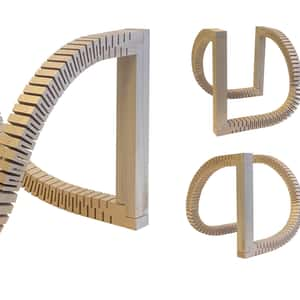
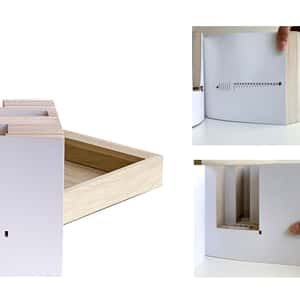
- Moid Ali •
- Nese Altintas •
- Tiffany Chang •
- Lika Corson •
- Aj Ige •
- Nimah Mohiuddin •
- Rishi Singh •
- Damla Sucuka
ARCH 497 : NOMAS Student Design Competition
Collectivate! : Black Cultural Zone Resilience Co-Hub in Oakland, CA
2020 NOMA Barbara G. Laurie Student Design Competition Entry
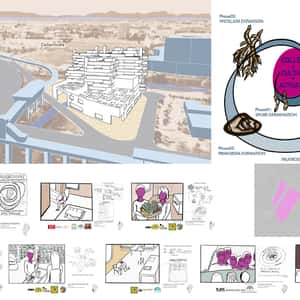
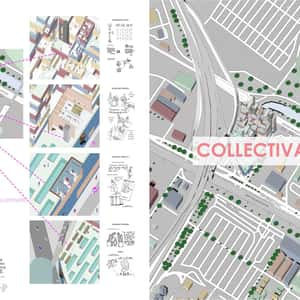

- Jacob Jang •
- Brody Sharp •
- Caroline Kearns •
- Arwa Ahmed •
- Max Gendler •
- Luke Lageson •
- Richard Higgins •
- Nhat Nguyen •
- Ruslan White •
- Ryan Doyle •
- Simran Motwani
ARCH 497 : Nordic Assembly
The architecture of the Nordic region is characterized by a sensitivity to natural forces and an attentiveness to materiality that explores the poetics of practicalities. This is evident in the canonical work of renowned architects of the region such as Alvar Aalto, Sverre Fehn, Sigurd Lewerentz, and Jørn Utzon, and in that of contemporary local practices that continue to make smart and well-crafted work. This course knits together a multilayered study of the formal, tectonic, and material assemblies of these works with explorations in techniques of evocative drawing, building toward a catalog of analytical drawings that convey the atmosphere, phenomena, character, and materiality of the elements of the Nordic environment.
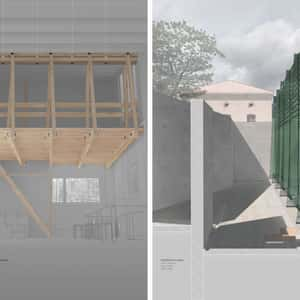
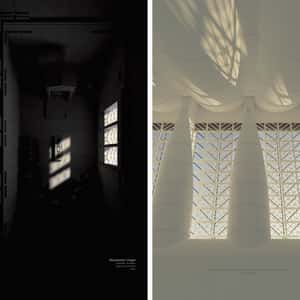
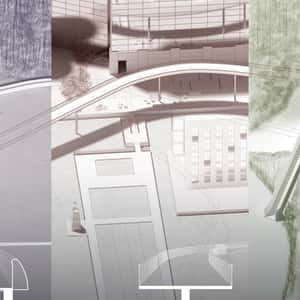
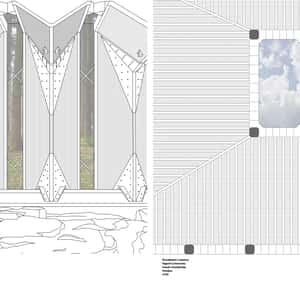
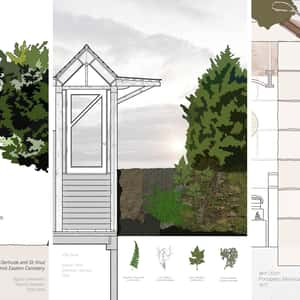
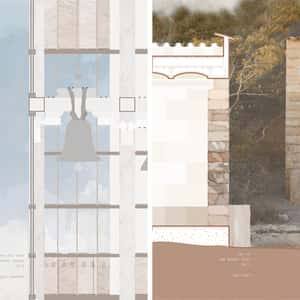
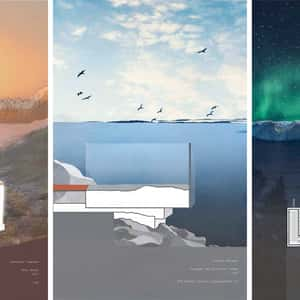
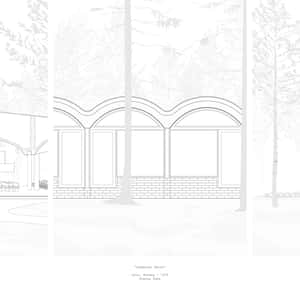
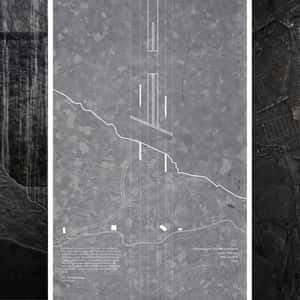
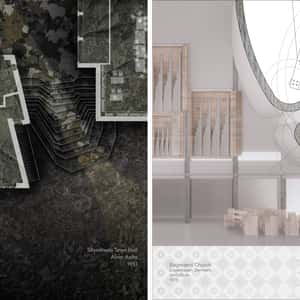
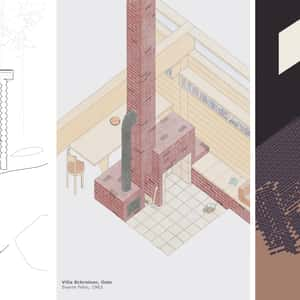
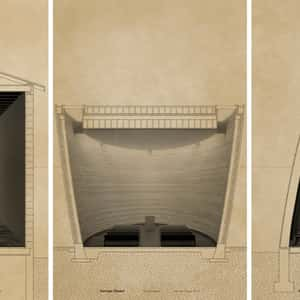
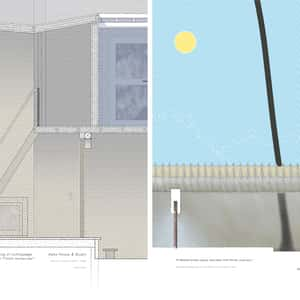
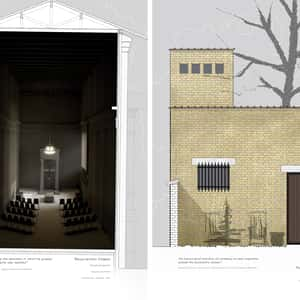
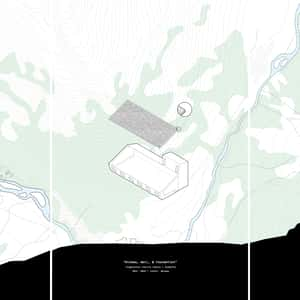
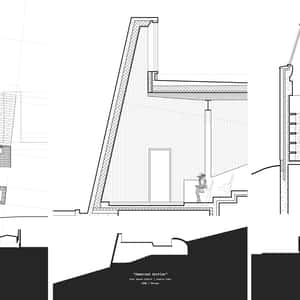
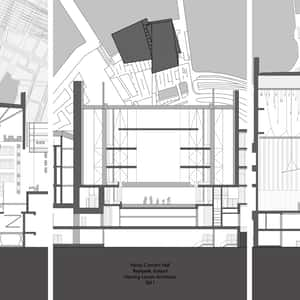
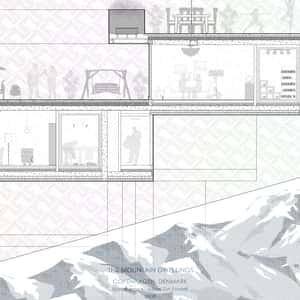
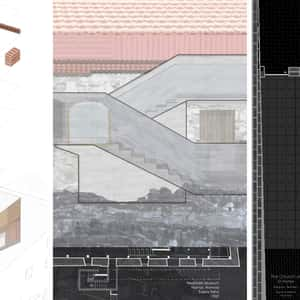
- Meredith Ludlam •
- Mohsen Khamechi •
- Diamantina Sanchez •
- Clara Chapus •
- Mitchell Hawkins •
- Nikki Sugihara •
- Cecilia Charney •
- Helen Leach •
- Yousef Abdo
ARCH 473: Conflict and Time
This course undertakes an introduction to film studies through the analysis of films and readings in film theory and aesthetics, while at the same time, considers architectural concepts and artifacts. The aim is not primarily to study cinema, nor to make a definitive conclusion about the convergence or divergence of architecture and cinema, but to cultivate a way of seeing and discerning the relations between media, technology, geography, architecture, and ideology.









- Jackson Conlon
ARCH 497 : Special Projects
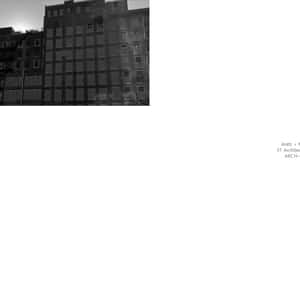
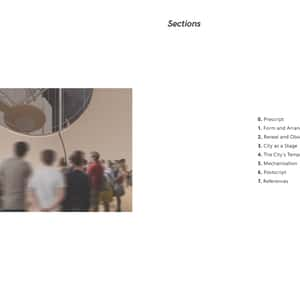
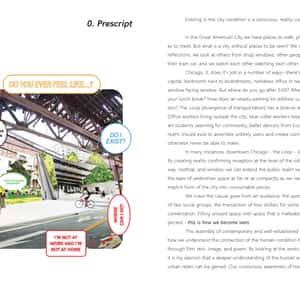
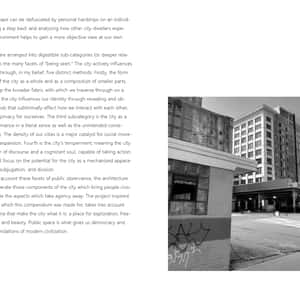
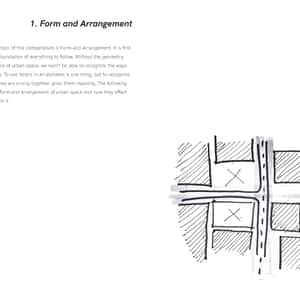
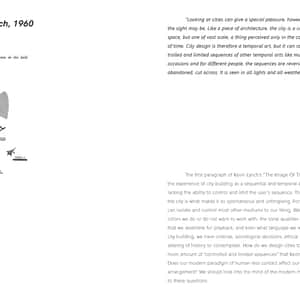
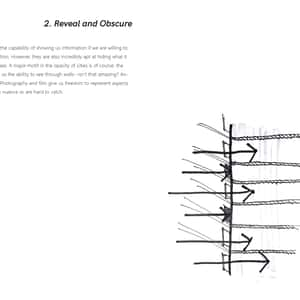
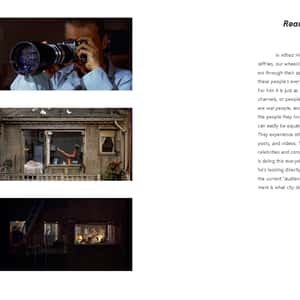
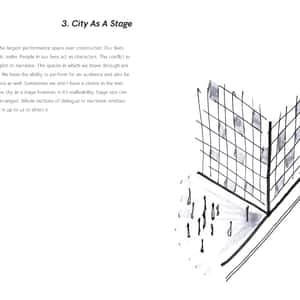
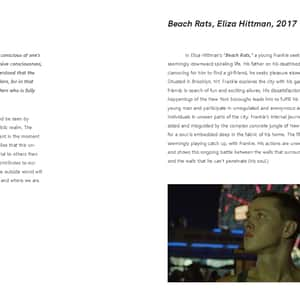
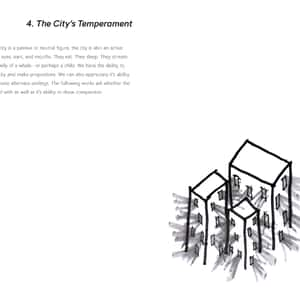
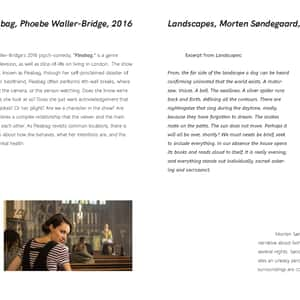
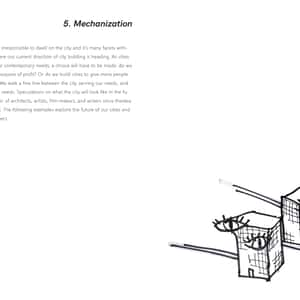
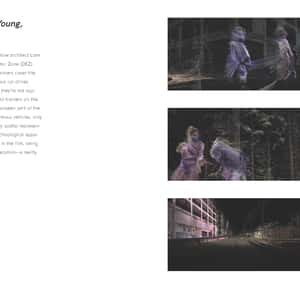
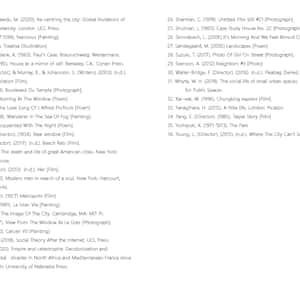
- Studio Arets •
- Brody Sharp •
- Maxwell Gendler •
- Huanzhen Xiao •
- Ruslan White •
- Christopher Katz •
- Antonio Escobedo •
- Alfredo Aguilera Rodriguez
ARCH 497 : Technology, Making Architecture
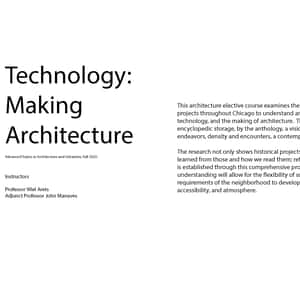
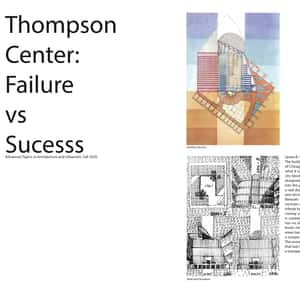
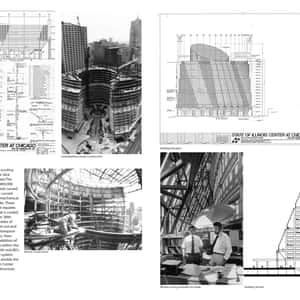
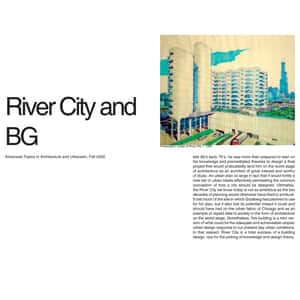
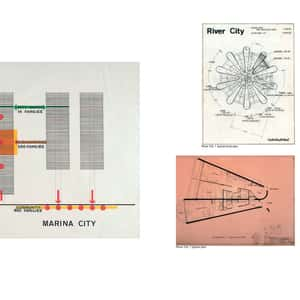
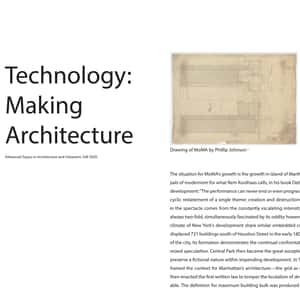
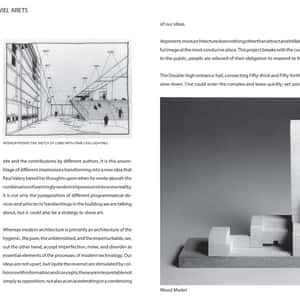
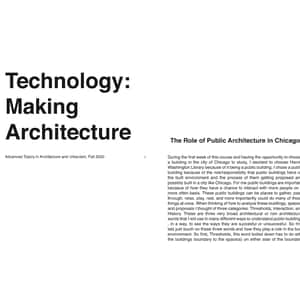
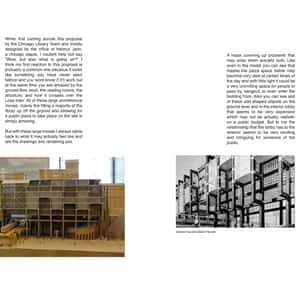
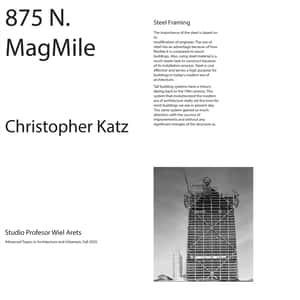
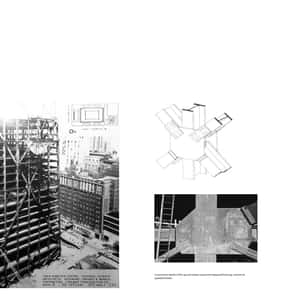
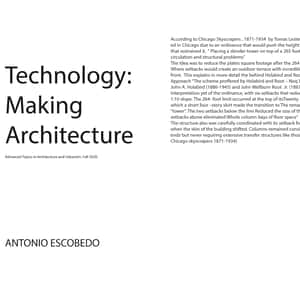
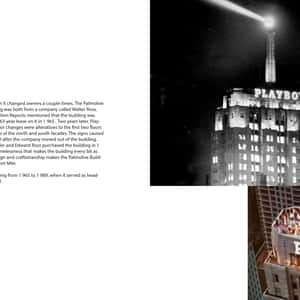
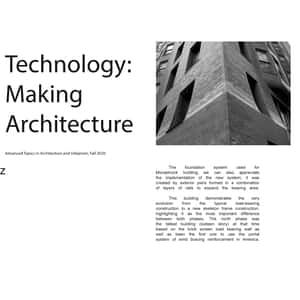
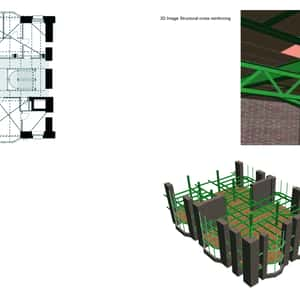
Electives Spring
- Mohsen Khamechian •
- Xinyu Tian •
- Maliha Ali •
- Sanjana Chavadi •
- Sahitya Arullalan •
- Jonathon Keilman •
- Jayden Nettesheim •
- Daniel Allen •
- Breann Anderson
ARCH 332/432 : Visual Training II
This course focused on aesthetic expression as experience. It included exercises in the study of form, proportion and rhythm, texture and color, mass, and space, as well as exercises in visual perception and aesthetic judgment. Additionally, it considered isolation and analysis; the interdependence and integration of sensory qualities, and aesthetic unity under restrictive conditions.
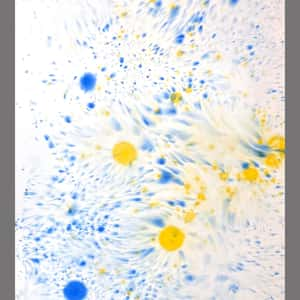
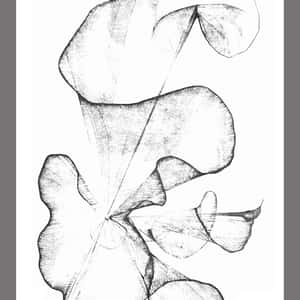
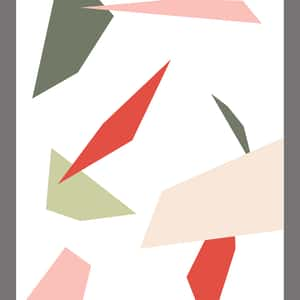
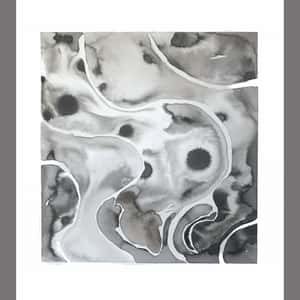
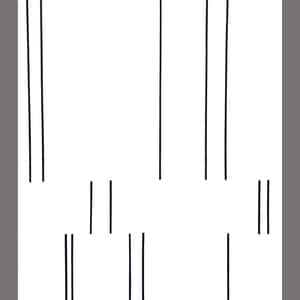
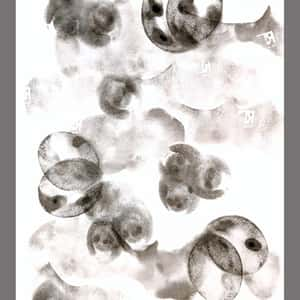
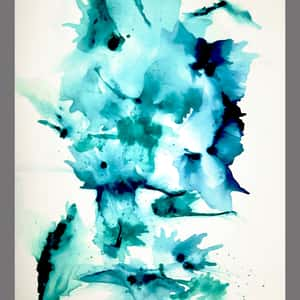
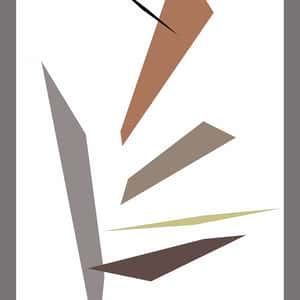
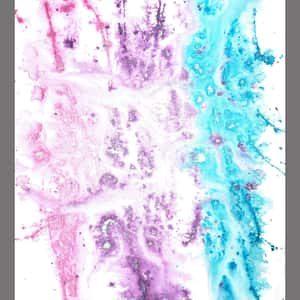
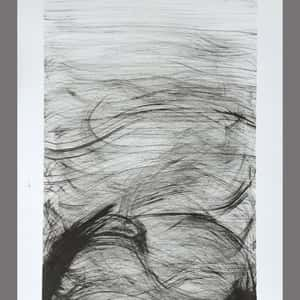
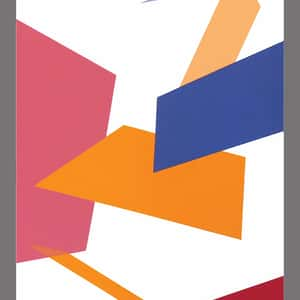
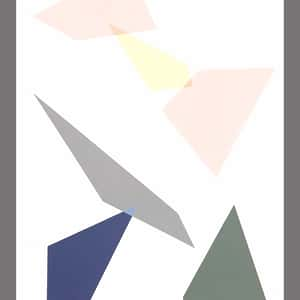
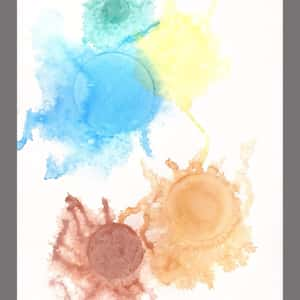
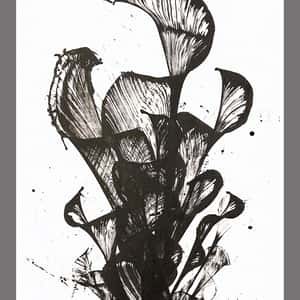
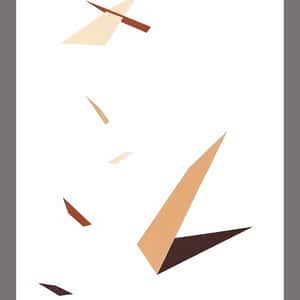
- Shahryar Ansari •
- Semra Defterali •
- Sanjana Chavadi •
- Ryan Doyle •
- Peidong Yang •
- Marcela Pereira •
- Karen Juricic •
- Jeffery Kennedy •
- Angela Vezzaro
ARCH 438 : Design Visualization
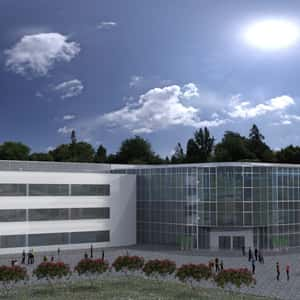
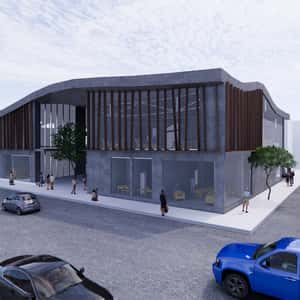
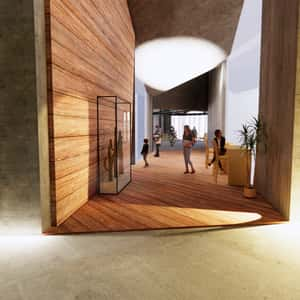
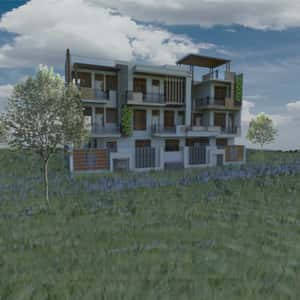
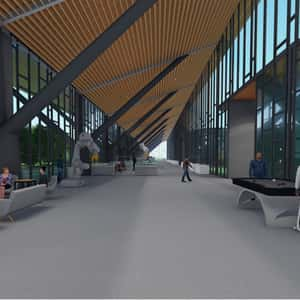
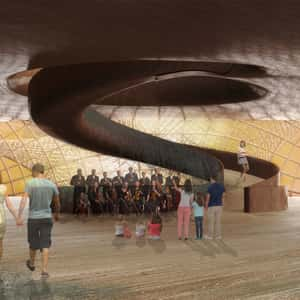
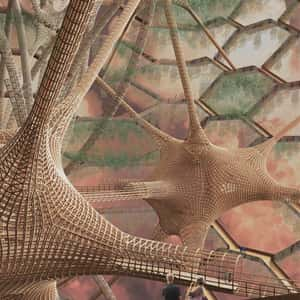
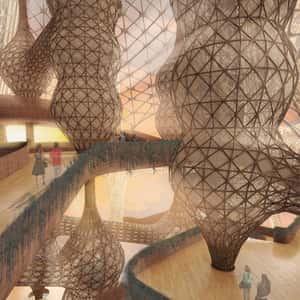
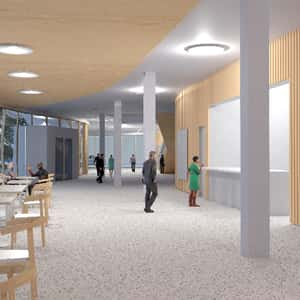
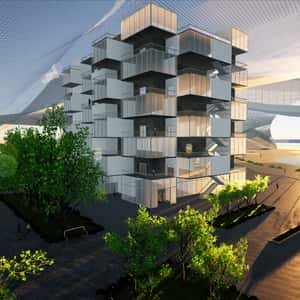
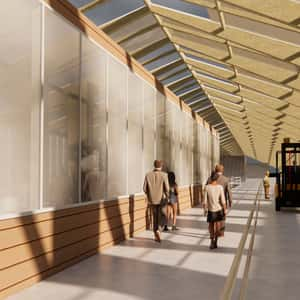
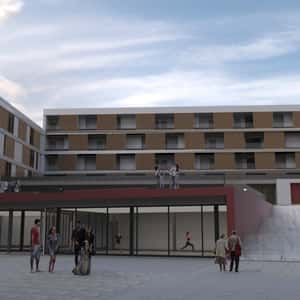
- Meredith Ludlam •
- Sepideh Merikh •
- Aishwarya Krishnan •
- Patrick Slanksy •
- Amanda Soto •
- Kevion Davis •
- Simran Motwani •
- Evan Robeck •
- Miquel Perez •
- Moksh Budhia •
- Sanlaelae Cho
ARCH 497 : I-Course, Generative Design
This course focused on using digital software and machines for analysis, design, and fabrication. These tools were applied to a research problem. Computer software explored was Grasshopper 3D and several plug-ins. Machines explored were various types of 3D printers. The research problem this semester was the design and 3D printing of prosthetics.
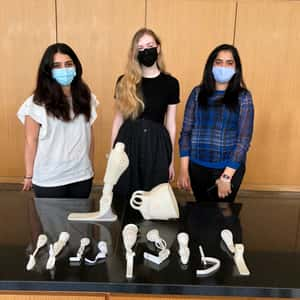
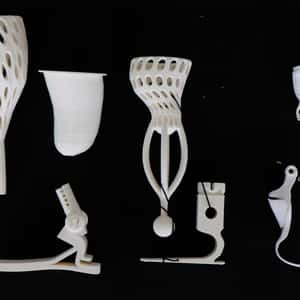
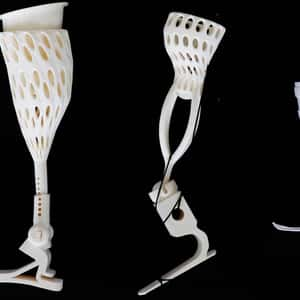
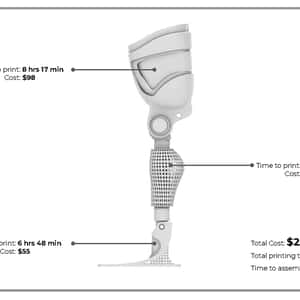

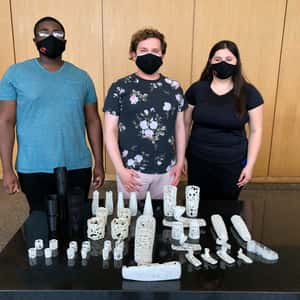
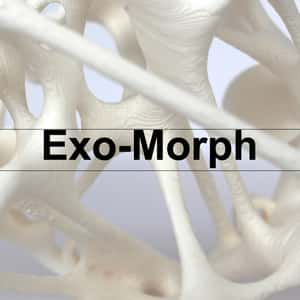
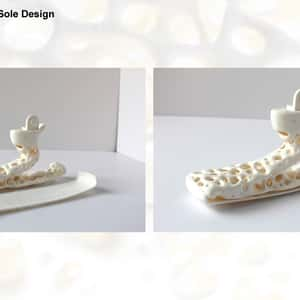
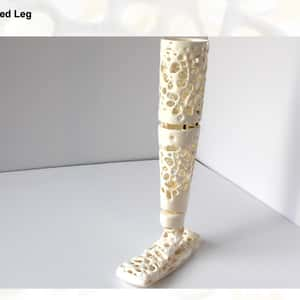

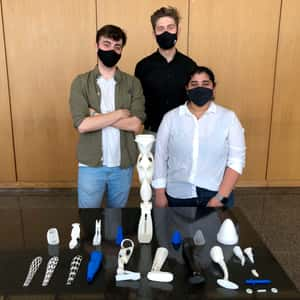
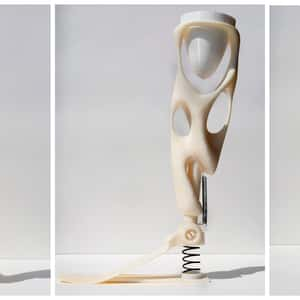
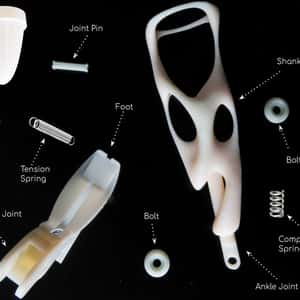
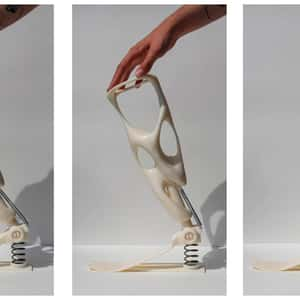

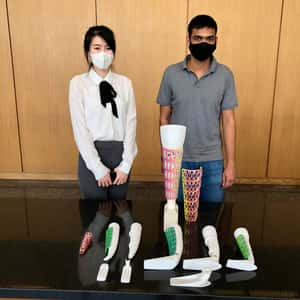
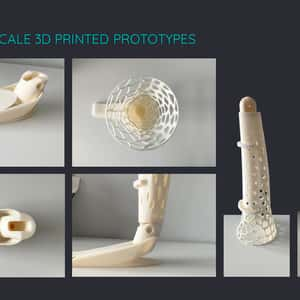
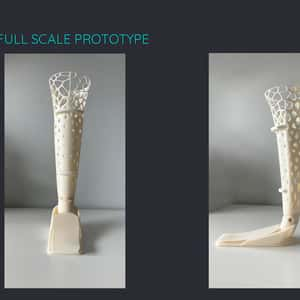
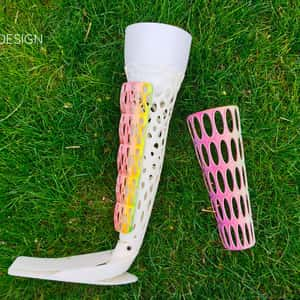

- Sean Reilly
ARCH 52546 : Vacated, Capturing Chicago's Closed Schools
Since 2002, Chicago Public Schools (CPS) has closed, consolidated, transitioned, or phased out 200 schools in the city for under enrollment, poor performance, and budget cuts. CPS has transitioned some former school buildings that were not re-used as new schools into offices or city-owned service buildings, sold dozens to private entities, and held on to many without clear plans for their future. In the process, over 40 former schools, either still owned by the city or since purchased by private investors, have been left vacant in many struggling neighborhoods throughout the city. Others have been the story of successful adaptive re-use or are in the process of promising redevelopment. This series will visually investigate the current state of those shut down by CPS, compare schools that are vacant to those that have been redeveloped, and inspect the treatment of schools that sit vacant as well their impact on the surrounding community.
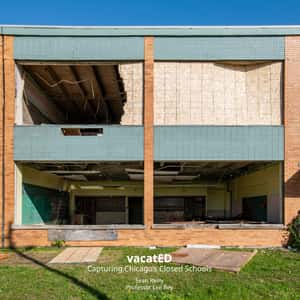
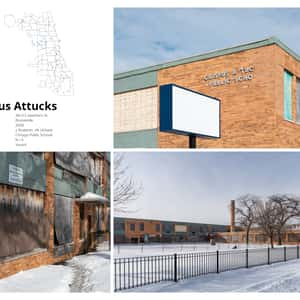
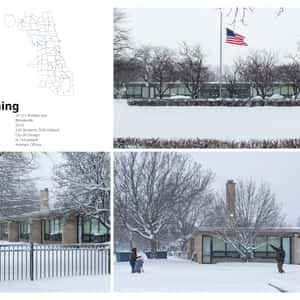
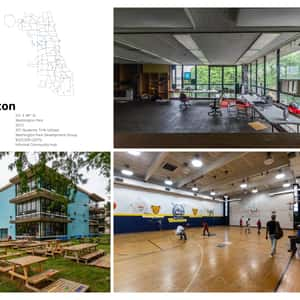
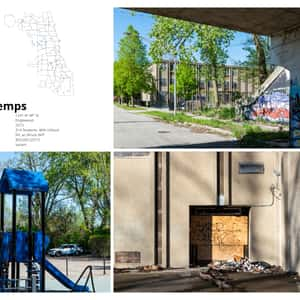
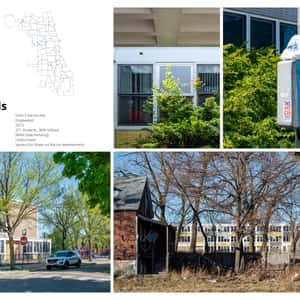
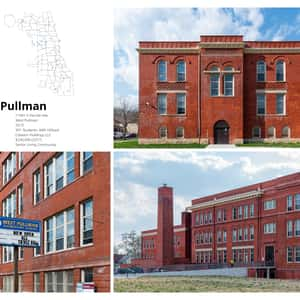
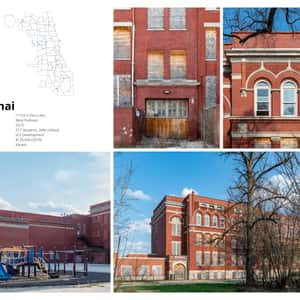
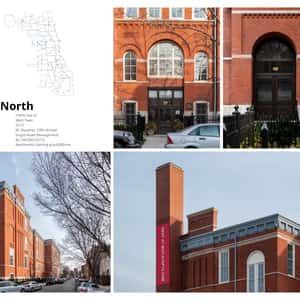
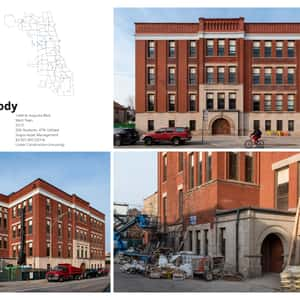
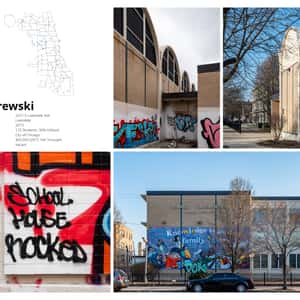
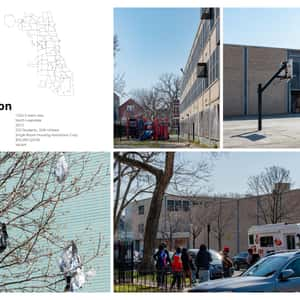
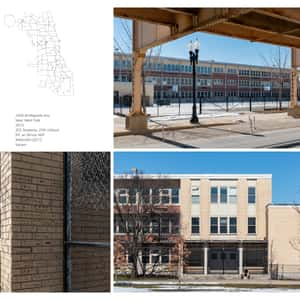
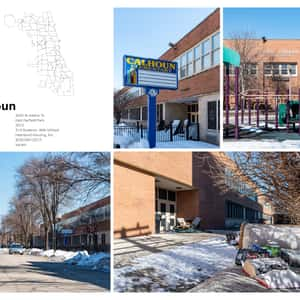
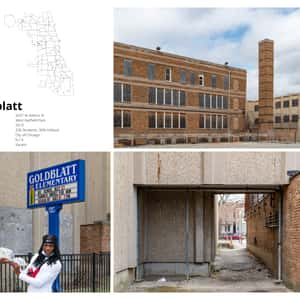
- Studio Arets •
- Ali Hashem •
- Bisera Nestorovska •
- Botao Sun •
- Brody Sharp •
- Daniel Garczek •
- Hayden Regina •
- Lakshmi Tekumalla •
- Maxwell Gendler •
- Meghana Hegde •
- Sahitya Arullalan •
- Victor Torres •
- Yue Liang
ARCH 497 : The Structure of a Museum
This architectural elective course examines the background and content of relevant museum projects throughout the Netherlands to understand and reimagine a museum to be lived in. Through the production of a ‘book,’ encyclopedic storage, by the anthology, a vision of mobility and infra, public, and private endeavors, density and encounters, a contemporary vision will be cataloged.
The research not only shows historical projects, but it demonstrate what has been learned from those and how we read them; the reframing and rethinking of urban techniques is established through this comprehensive process. Through this research, an urban understanding will allow for the flexibility of social, commercial, and environmental requirements of the neighborhood to develop new models of urbanity, integration, accessibility, and atmosphere.

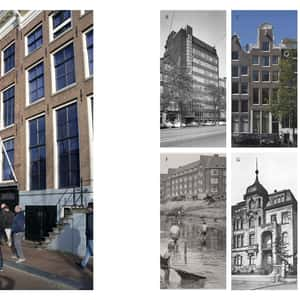
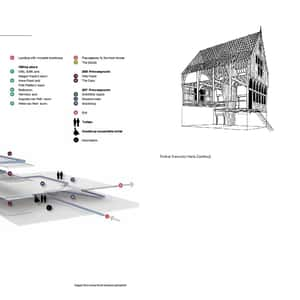
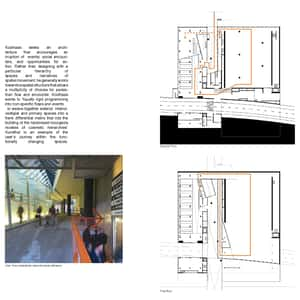
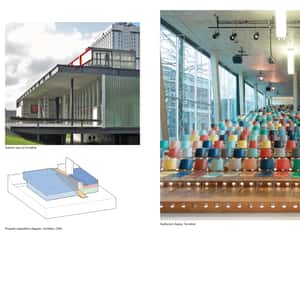
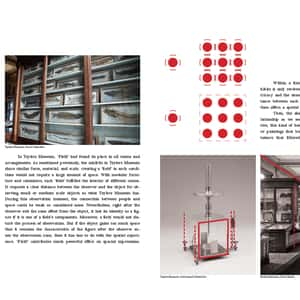
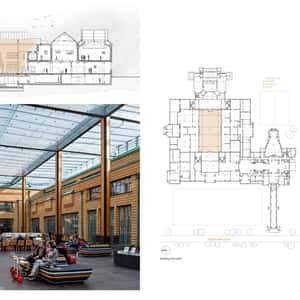
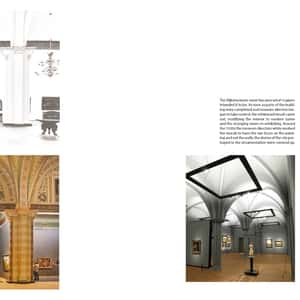
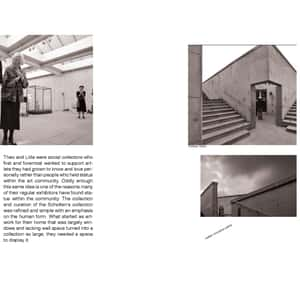
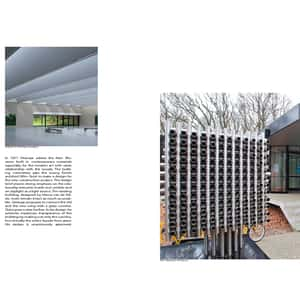
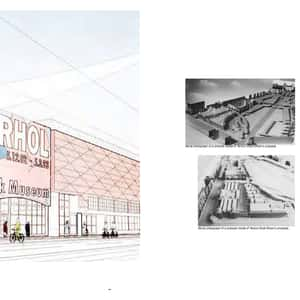
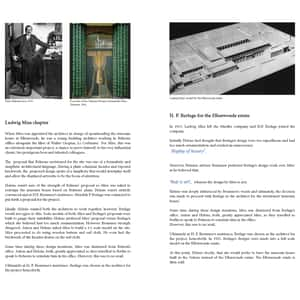
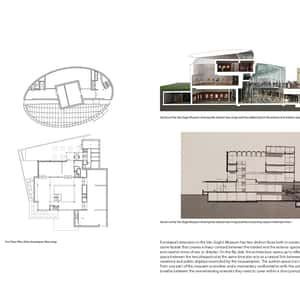
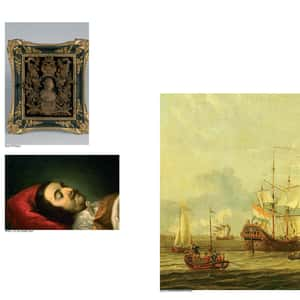
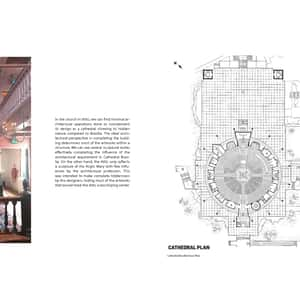
- Austin Group •
- Mckinley Park
ARCH 497 : Activated Landscapes, Chicago River
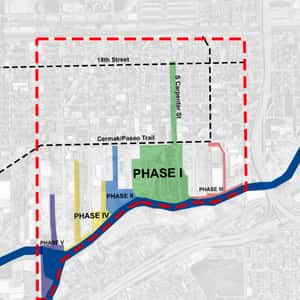
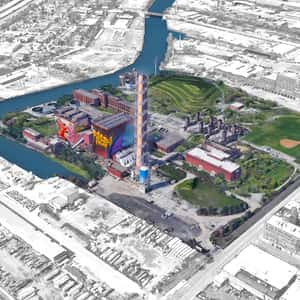
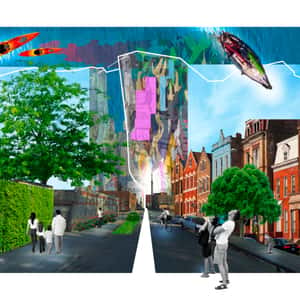
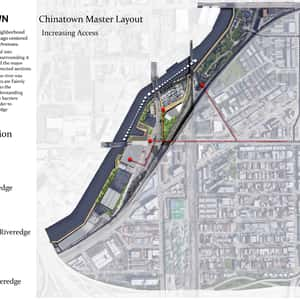
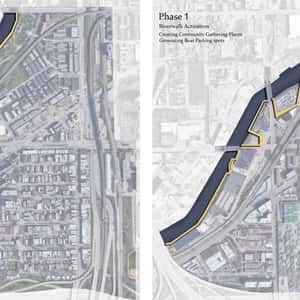
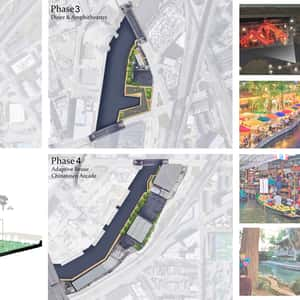
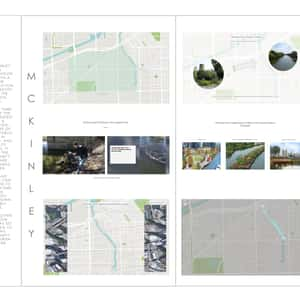
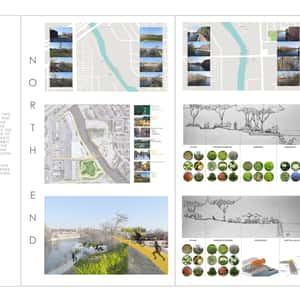
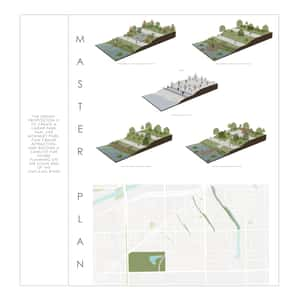
- Curcio •
- Cecilia Charney •
- Erez •
- Krengel •
- Husson Carolin •
- Husson Caroline •
- Nicolas Waidel •
- Pavord Craig •
- Tina Sanchez •
- Ana Amaya •
- Caroline Husson •
- Helen Leach •
- Mae Smith •
- Mohsen Khamechi
Arch 475 : Spatial Stories
Conceiving architecture in terms of spatial practices provides the opportunity to understand it from many perspectives: as socially-produced space, locus of historical and physical forces, site of activity and conductor of behavior, or generator of spatio-temporality. Using the concept of the "spatial story" this course pursues such a view using diverse media-motion pictures, everyday discourse, the media, and architecture to explore its manifestation. The elective examines its topics via intensive reading, and making short videos.















